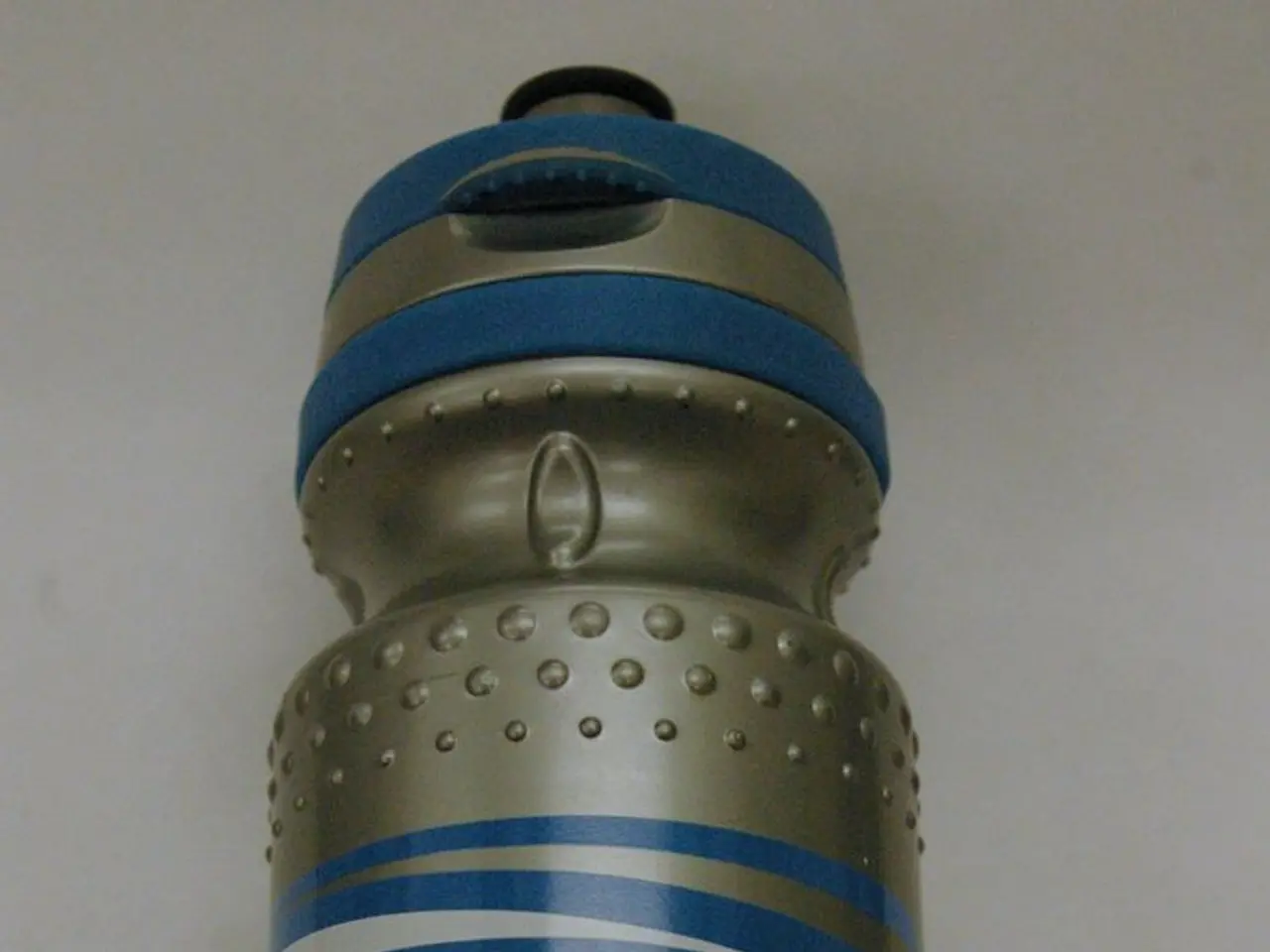Accelerated Evolution Predicts Operative Proteins through T7-ORACLE
In a groundbreaking development, researchers from the Scripps Research Institute have unveiled T7-ORACLE, a synthetic biology platform designed to revolutionise protein engineering. The study, published in the prestigious journal Science, offers a general platform for inserting genes from various sources into E. coli bacteria.
T7-ORACLE employs a second artificial DNA replication system derived from bacteriophage T7 within E. coli bacteria. This innovative system enables simultaneous mutation and selection with each round of cell division, which occurs roughly every 20 minutes for bacteria. This rapid pace significantly accelerates protein evolution, making it thousands of times faster than nature for therapeutic applications in areas like cancer and neurodegeneration.
The broader goal of T7-ORACLE is to rebuild key biological processes, such as DNA replication, RNA transcription, and protein translation, to function independently of the host cell. This self-sustaining system could pave the way for the development of novel therapeutic enzymes and tailored proteases that recognise specific cancer-related protein sequences.
The research team, led by co-corresponding authors Peter Schultz, PhD, president and CEO of Scripps Research, and Christian Diercks, PhD, assistant professor of chemistry at Scripps Research, have also demonstrated T7-ORACLE's potential in antibiotic research. By evolving versions of a common antibiotic resistance gene, they managed to create strains that could resist antibiotic levels up to 5,000 times higher than the original.
Compared to existing orthogonal replication systems like OrthoRep in Saccharomyces cerevisiae and EcORep in E. coli, T7-ORACLE offers significant advantages. Its high mutagenesis, fast growth, high transformation efficiency, and ease of integration into standard molecular biology workflows make it a versatile tool for researchers.
Moreover, the mutations evolved in T7-ORACLE closely resemble real-world resistance mutations found in clinical settings, suggesting that this system could be a valuable asset in understanding and combating antibiotic resistance.
The researchers are also interested in evolving polymerases that can replicate entirely unnatural nucleic acids, opening up possibilities in synthetic genomics. With its continuous evolution capability, where proteins evolve inside living cells without manual intervention, T7-ORACLE promises to be a game-changer in the field of synthetic biology.
However, further research is needed to fully understand the implications and potential applications of T7-ORACLE. As of now, there is no available information about the researchers involved in the development of T7-ORACLE or their current research areas.
In conclusion, T7-ORACLE represents a significant step forward in the field of synthetic biology, offering a powerful tool for protein engineering and accelerating the development of novel therapeutic enzymes and proteases. Its potential applications in areas like antibiotic resistance and synthetic genomics make it a promising area of ongoing research.
Read also:
- Peptide YY (PYY): Exploring its Role in Appetite Suppression, Intestinal Health, and Cognitive Links
- Toddler Health: Rotavirus Signs, Origins, and Potential Complications
- Digestive issues and heart discomfort: Root causes and associated health conditions
- House Infernos: Deadly Hazards Surpassing the Flames








